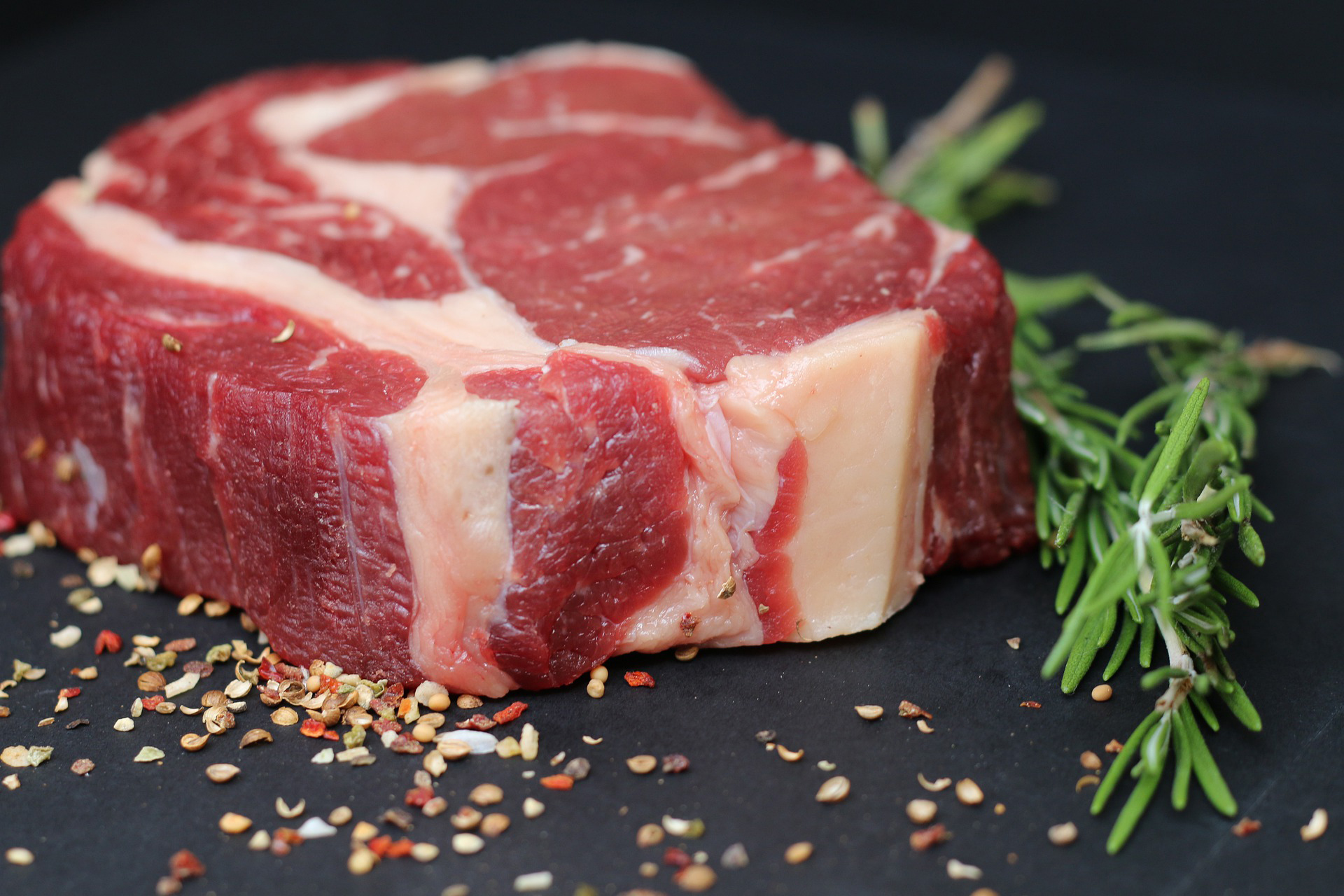Image courtesy tomwieden on Pixabay
That idea that eating less meat helps save planet? Not true, says National Cattlemen’s Beef Association Senior Director of Sustainable Beef Production Dr. Sara Place.
“If every American went vegan, we’d reduce greenhouse gas (GHG) emissions by 2.6 percent,” she told those attending the NDFB Annual Meeting in November.
In 2006, a United Nation’s report, Livestock’s Long Shadow, claimed that meat production was responsible for 18 percent of GHGs. However, Dr. Frank Mitloehner from the University of California Davis pointed out inaccuracies in the data. Even though a coauthor of the report conceded Mitloehner’s point, the 18 percent figure is still being repeated as fact by anti-meat groups.
When fair comparisons are made, Dr. Place said, beef production is responsible for just two percent of U.S. greenhouse gases. All U.S. agriculture accounts for nine percent of total U.S. GHGs. Compare that to electricity generation at 30 percent and landfills – the number one source of GHGs – at 40.9 percent.
“Cattle are upcyclers,” Dr. Place said. “Upcycling is taking something with little value and making a higher quality product. Cattle are upcyclers because they upgrade plant protein into higher quality protein.”
The value of the protein produced by cattle is higher than either chicken or pork, she explained, and generate more protein than is used.
According to Dr. Place, ruminants like beef cattle allow us to produce food on marginal land that we can’t use for cultivation. She pointed out that 40 percent of the contiguous 48 states is only suitable for rangeland and shouldn’t be cropped.
“Only 2 percent of cropland goes to feeding ruminants that could be used to feed people,” she said. So, the idea that cattle are taking food out of people’s mouths is patently false. She also pointed out that for every 100 pounds of human food that comes from crops, there are 37 pounds of by-products generated. That translates into pretty good cattle feed. Livestock eat the residue of grain harvest, the byproducts from milling grain, distillers grains and more. If these byproducts weren’t fed to livestock, they would undoubtedly be an environmental burden, she said.
One of the last slides Dr. Place shared with banquet attendees was good food for thought for those looking to be environmentally sensitive:
“The beef community uses a technology that produces high-quality protein from solar energy locked within human inedible plants. The technology produces a natural organic fertilizer and is mobile without using fossil fuels. The technology self-replicates. The technology is cattle. Beef is the original plant-based meat.”
